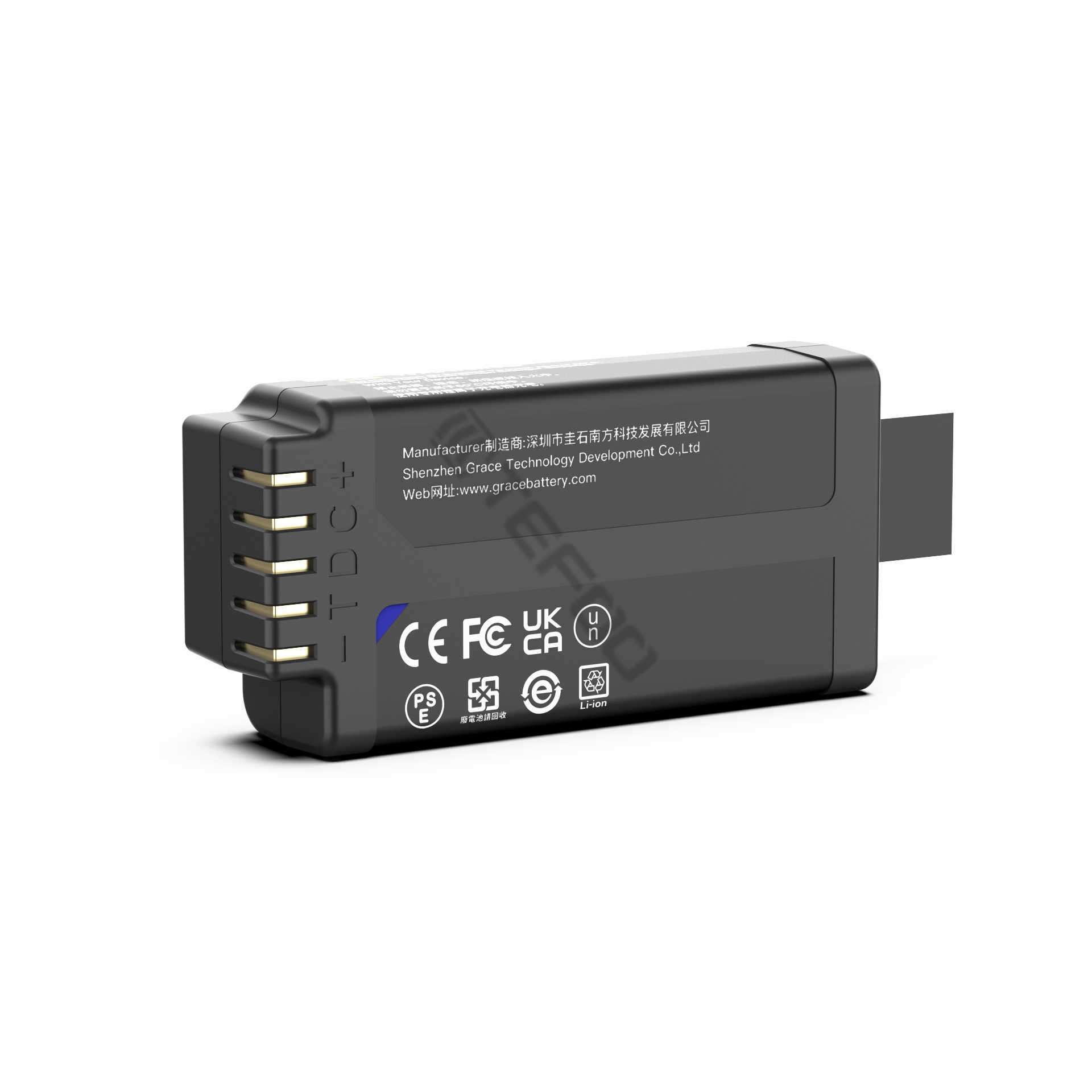Storage Precautions for Lithium-ion Batteries
Short-term storage:
Lithium batteries are not used for a short period (e.g., within six months), the battery is charged, the battery is stored in a dry, non-corrosive gas, the best temperature between -20 ° C – 35 ° C permitted place, above or below this temperature will make the battery metal parts rust or battery leakage.
Long-term storage:
1,lithium batteries should not be used for a long time (such as more than six months) and should be charged with 50% -70% of the power, as the best storage capacity, and the history of clusters of instruments to remove, and stored in a dry and relaxed environment, and every three months to charge, so as to avoid storage time is too long, the battery due to self-discharge caused by the battery is too low, resulting in an irreversible loss of capacity.
2, lithium battery self-discharge by the environmental temperature and humidity; high temperature and humidity will accelerate the self-discharge of the battery; it is proposed to store the battery in a dry environment at ten ℃ – 25 ℃.
Self-discharge monitoring:
Long-term storage of batteries will naturally discharge, the so-called self-consumption or self-discharge. When batteries are stored for an extended period of time, the self-discharge rate is approximately 10-20% per year. If the lithium-ion battery pack is equipped with a battery management system (BMS), additional power is required, which increases the self-drain rate to approximately 20% per year. Be sure to monitor the self-consumption and avoid deep discharging. Try using the State of Charge (SoC) LED display to track the self-consumption and charge accordingly.
With over 15 years of experience in the Li-Ion battery industry, TEFOO ENERGY is well-equipped to guide our customers in understanding the storage and safe use of Li-Ion batteries, instilling confidence in the information we provide.
Proper storage of lithium-ion batteries is not just important, it’s critical to their longevity and safety. By adhering to the following tips on safe storage regulations for lithium batteries, you can significantly extend the life of the battery and save money in the long run. Remember, regular charging and discharging every three months, and continuous monitoring of temperature, humidity, and capacity are essential.
